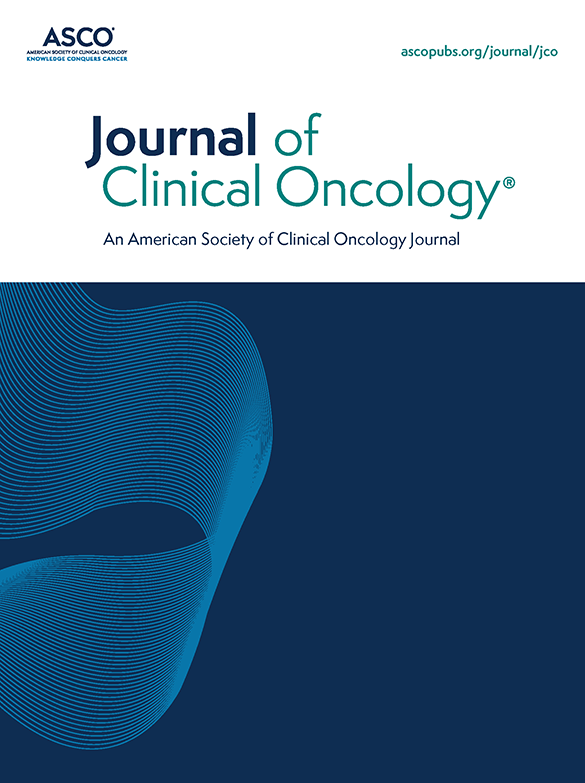Clinical Trial
PNOC001: Phase II Study of Everolimus for Recurrent or Progressive Low-grade Gliomas in Children
PNOC001 Study Publication
PNOC001 is now closed, and clinical trial results are now available as published in the Journal of Clinical Oncology in November 2023.
viewable here
This trial is testing the drug everolimus in pediatric low-grade gliomas. Everolimus works by interrupting the PI3K/Akt/mTOR cell-signaling pathway that is overactive in these tumors. In normal cells, the molecules in this pathway deliver signals to one another that regulate important processes such as cell proliferation, natural cell death (also called apoptosis) and blood vessel development. Nearly half of grade I and II pediatric gliomas have abnormal activation of the PI3K/Akt/mTOR pathway. One possible cause of this is methylation of the promoter of the PTEN gene. Everolimus specifically inhibits mTOR, stopping the hyperactivation at that point in the pathway.
This study will examine whether mTOR inhibition by everolimus can slow or halt growth of pediatric low-grade gliomas, and whether patients with abnormal activation of the PI3K/Akt/mTOR pathway have better responses to this treatment.
PRIMARY OBJECTIVES
The primary objective of this study is to estimate the rate of progression-free survival (PFS) at 6 months following everolimus therapy for symptomatic, progressive or recurrent pediatric low-grade glioma patients. This will help us determine whether everolimus warrants additional study only in patients with activated PI3K/Akt/mTOR pathways or in the entire population.
SECONDARY OBJECTIVES
- Estimate PFS and overall survival (OS) as well as objective response (CR + PR) rates associated with everolimus treatment in recurrent pediatric low-grade gliomas
- Explore associations between S6 phosphorylation and outcome at 6 months. S6 is a protein found along the PI3K/Akt/mTOR pathway and preliminary studies in adults show that lack of S6 phosphorylation may be a marker for improved survival.
- Collect tissue from enrolled patients to prospectively analyze key molecular features of their tumors, including activation of the PI3K, mTOR, and MAPK pathways; aberrations in the PTEN, IDH and IDH2 genes; and activating mutations in the BRAF gene (specifically KIAA-1549-BRAF fusion and BRAFV600E missense mutation).
- Explore MR quantitative measures of relative cerebral blood volume, permeability and apparent diffusion coefficient within the region of hyperintensity of T2-weighted images as markers of disease response and/or progression in comparison to institutional evaluation of disease response and/or progression and quantitative measures of tumor response as determined by central review. Tumor size will be based on both area and volume.
Please note, this study has reached accrual and is no longer enrolling patients.
Funding provided by A Kids’ Brain Tumor Cure Foundation (aka the PLGA Foundation).
This trial is testing the drug everolimus in pediatric low-grade gliomas. Everolimus works by interrupting the PI3K/Akt/mTOR cell-signaling pathway that is overactive in these tumors. In normal cells, the molecules in this pathway deliver signals to one another that regulate important processes such as cell proliferation, natural cell death (also called apoptosis) and blood vessel development. Nearly half of grade I and II pediatric gliomas have abnormal activation of the PI3K/Akt/mTOR pathway. One possible cause of this is methylation of the promoter of the PTEN gene. Everolimus specifically inhibits mTOR, stopping the hyperactivation at that point in the pathway.
This study will examine whether mTOR inhibition by everolimus can slow or halt growth of pediatric low-grade gliomas, and whether patients with abnormal activation of the PI3K/Akt/mTOR pathway have better responses to this treatment.
PRIMARY OBJECTIVES
The primary objective of this study is to estimate the rate of progression-free survival (PFS) at 6 months following everolimus therapy for symptomatic, progressive or recurrent pediatric low-grade glioma patients. This will help us determine whether everolimus warrants additional study only in patients with activated PI3K/Akt/mTOR pathways or in the entire population.
SECONDARY OBJECTIVES
- Estimate PFS and overall survival (OS) as well as objective response (CR + PR) rates associated with everolimus treatment in recurrent pediatric low-grade gliomas
- Explore associations between S6 phosphorylation and outcome at 6 months. S6 is a protein found along the PI3K/Akt/mTOR pathway and preliminary studies in adults show that lack of S6 phosphorylation may be a marker for improved survival.
- Collect tissue from enrolled patients to prospectively analyze key molecular features of their tumors, including activation of the PI3K, mTOR, and MAPK pathways; aberrations in the PTEN, IDH and IDH2 genes; and activating mutations in the BRAF gene (specifically KIAA-1549-BRAF fusion and BRAFV600E missense mutation).
- Explore MR quantitative measures of relative cerebral blood volume, permeability and apparent diffusion coefficient within the region of hyperintensity of T2-weighted images as markers of disease response and/or progression in comparison to institutional evaluation of disease response and/or progression and quantitative measures of tumor response as determined by central review. Tumor size will be based on both area and volume.
Please note, this study has reached accrual and is no longer enrolling patients.
Funding provided by A Kids’ Brain Tumor Cure Foundation (aka the PLGA Foundation).
Sites Offering This Trial
- CHICAGO, IL Ann & Robert H. Lurie Children’s Hospital of Chicago
- LOS ANGELES, CA Children’s Hospital Los Angeles
- MINNEAPOLIS, MN Children’s Minnesota
- BOSTON, MA Dana-Farber/Boston Children’s Cancer and Blood Disorders Center
- BALTIMORE, MD Johns Hopkins Hospital
- COLUMBUS, OH Nationwide Children’s Hospital
- MEMPHIS, TN St. Jude Children’s Research Hospital
- ST. LOUIS, MO St. Louis Children’s Hospital
- SEATTLE, WA Seattle Children’s Hospital
- PHILADELPHIA, PA The Children’s Hospital of Philadelphia
- SAN DIEGO, CA University of California, San Diego Rady Children’s Hospital
- San Francisco, CA UCSF Benioff Children’s Hospitals
- GAINESVILLE, FL University of Florida Shands Children’s Hospital
- SALT LAKE CITY, UT University of Utah
- LOS ANGELES, CA University of California, Los Angeles*
How to Enroll
If you believe your child or patient is eligible for this trial, contact the closest participating site or email us for more information.
